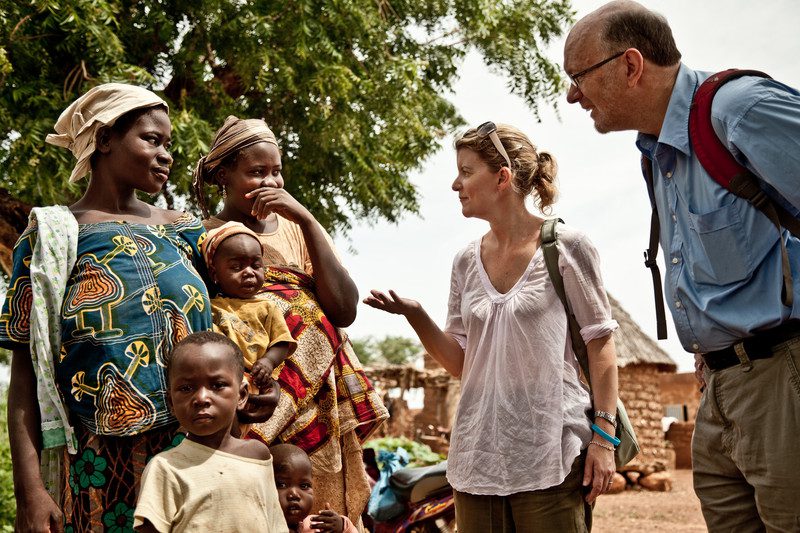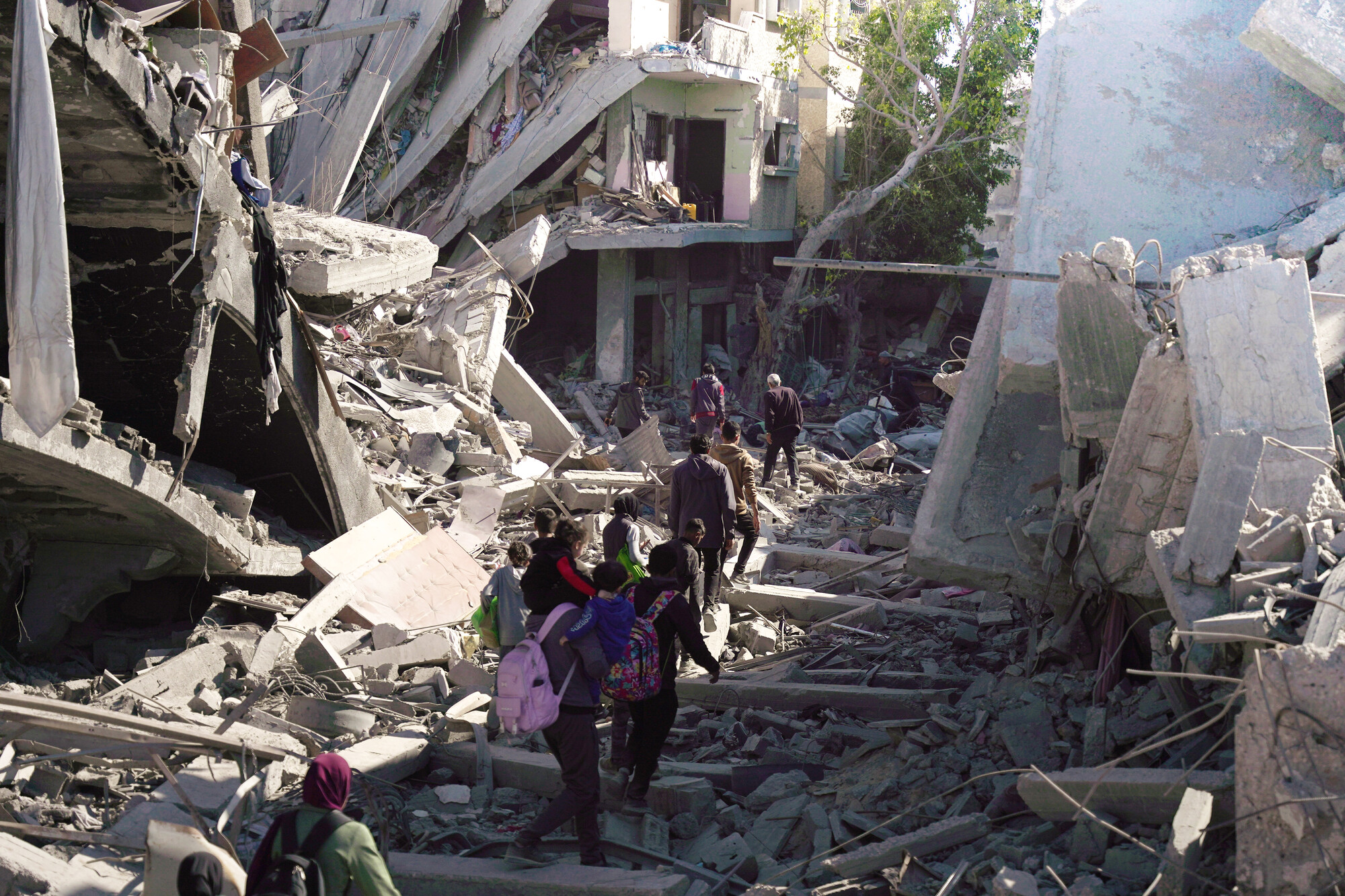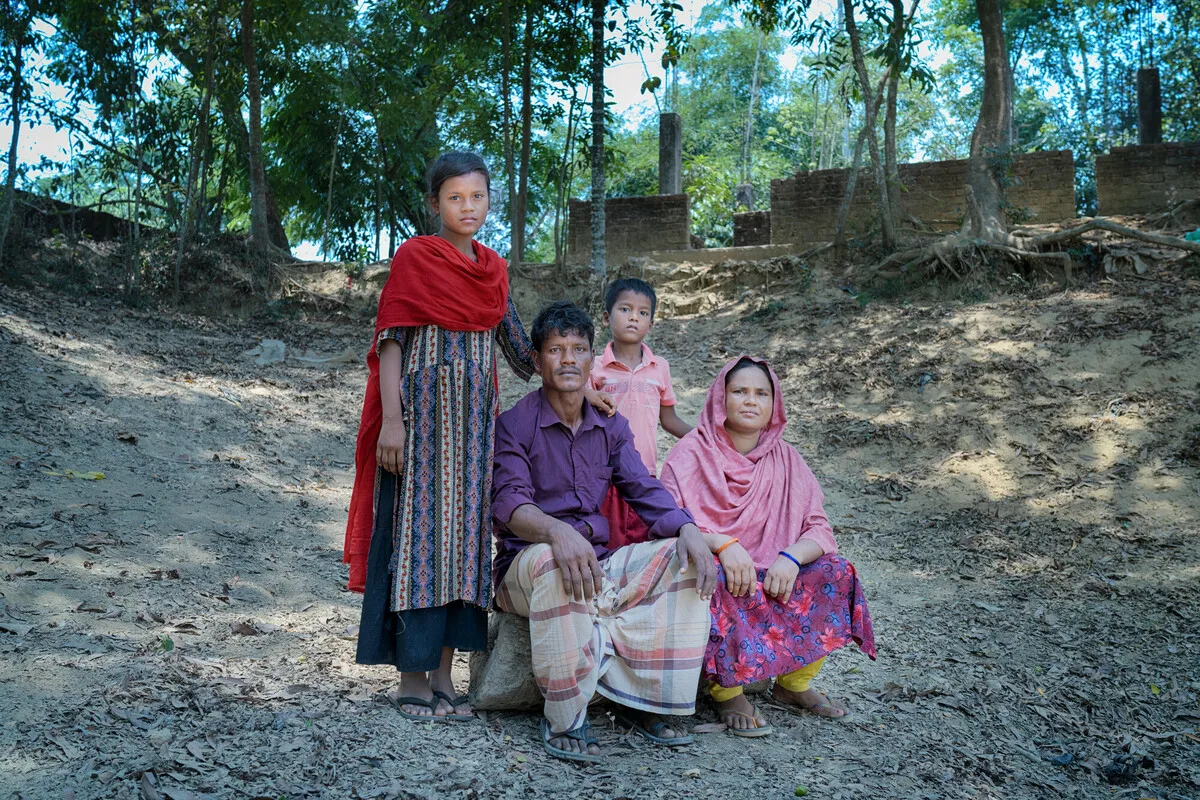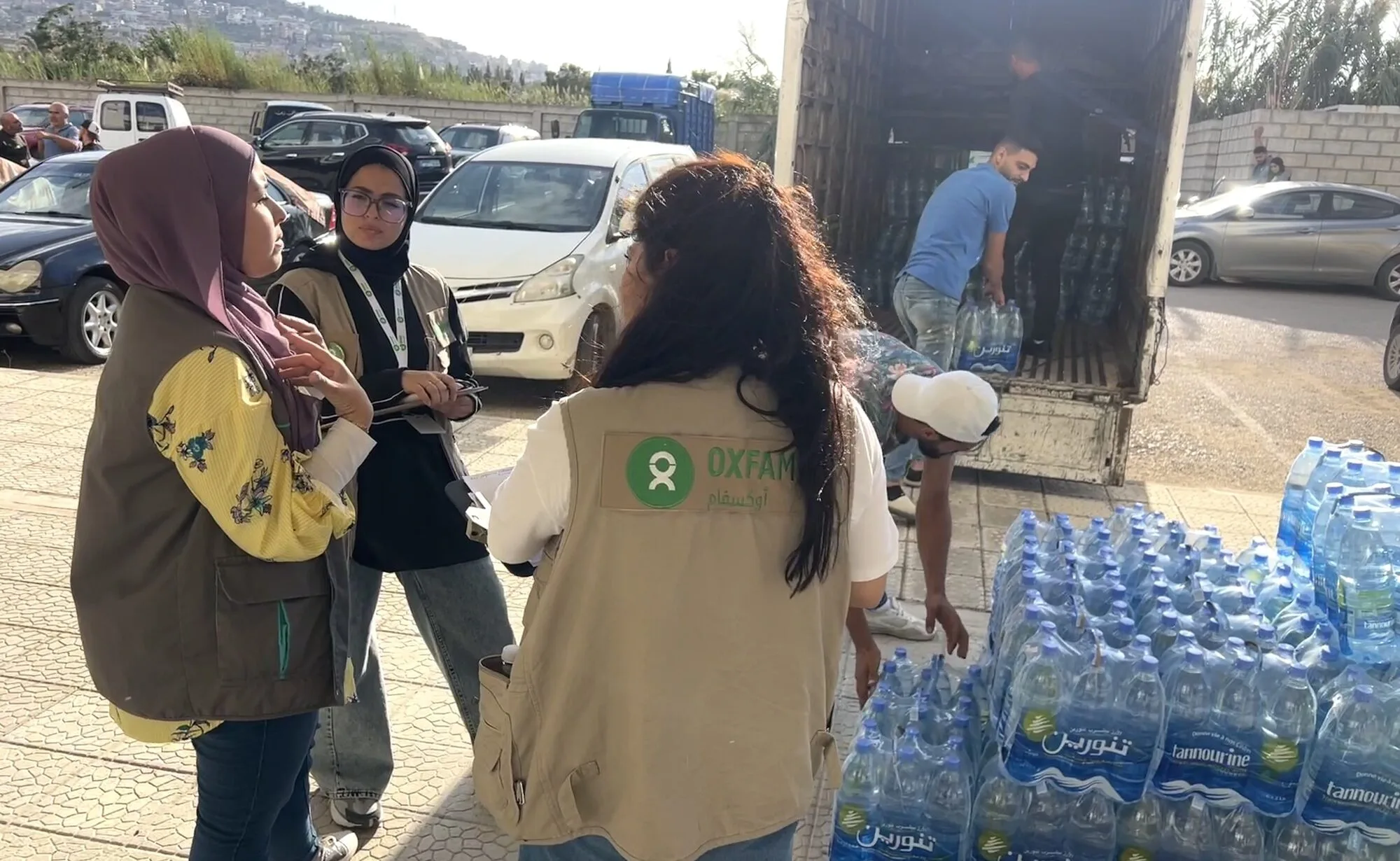By Andrew Hewett, Executive Director, Oxfam Australia
Amadou Oviedrogo is a tall, quiet and dignified man. But the dignity of this village elder was stretched as he explained that he and his villagers were currently only eating a small amount of cereal mixed with leaves picked from trees.
“We finished all our stock months ago, and what we have been planting is not yet ready to be harvest. So people are still relying on wild leaves and fruits,” he told us.
We asked the children who had gathered around us – about a dozen eight to twelve year olds – whether they’d eaten that day. It was late afternoon and they all replied in the negative.
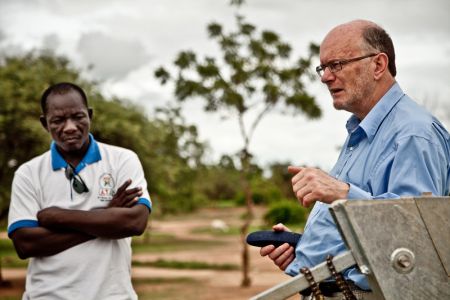
Amadou and his community are just some of those affected by the food crisis currently gripping a swathe of countries across West Africa. They live in Konean, a small village in northern Burkina Faso.
Burkina Faso rarely hits Australia’s consciousness. Probably the only direct connection is the 20 or so increasingly active Australian mining companies operating in the country.
Yet right now, some two million people in Burkina Faso are experiencing severe food shortages — literally going without enough to eat.
At the best of times life is hard in Burkina Faso. And these are not the best of times.
The challenges
Burkina Faso is one of the world’s poorest countries. Nearly half the population lives below the poverty line and the income average is a mere $550 per person. Chronic poverty is the order of the day.
During our visit earlier this month, people in different parts of the country told us that in normal circumstances they go without enough food for some four to five months of the year.
But recent times have not been ‘normal’.
A combination of poor and erratic rains, a broken food system which has seen prices of staples escalate dramatically, and the need to divert resources to cope with an influx of refugees from neighbouring Mali have pushed much of the population into severe hunger.
Diarra Guingri, farmer from the village of Tougouri, showed us his empty cereal barns, explaining, “There is several months that they are empty, as last year’s harvest was really a disaster. I have survived because I had some animals: seven goats and several chickens. I have been forced to sell most of them.”
The statistics are stark. Nearly 100,000 children are in a state of severe and acute malnutrition. The government estimates that the food deficit is more than 150,000 tons. Crops have been weak in 40% of the country, with cereal production down by a fifth compared to last year.
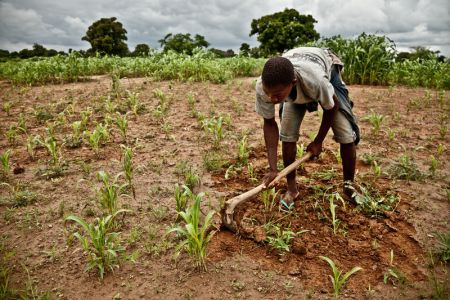
And so the law of supply and demand has set in, with the price of staple foods being pushed well beyond the reach of many.
Missing meals, rationing out whatever food there is, selling livestock, living in the hope that things will improve — peoples’ coping mechanisms have been exhausted.
Recent rains have been encouraging. But we were constantly warned not to talk of them – though the term wasn’t used, the fear of tempting fate was strong. As one farmer said, “Last year we harvested less than one bag. This year, I don’t want to be doing any forecast, because I would not like to call the bad luck, but I can tell you that it’s going to be much more”.
Mentao Refugee Camp
Tackling the food crisis is even more challenging with the influx of refugees from Mali. Burkina Faso currently hosts an estimated 100,000 men, women and children who’ve made the difficult journey from their homeland, fleeing conflict, over the last six months.
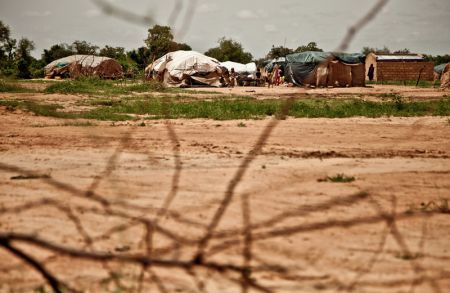
We visited one refugee camp, Mentao, where thousands of people are living in flimsy shelters in desolate country. They’ve adapted the standard issue UNHCR tents, as the heat made these unbearable to live in. Oxfam is providing clean water, sanitation and education in hygiene practices to try to prevent the spread of disease.
Refugees told us the local host community had been welcoming, probably helped along by the fact that they hadn’t brought any livestock with them — limiting the competition for scarce feed.
Making a difference
Aid agencies are making a difference. We visited one community where Oxfam and our partners are implementing a cash-for-work program, paying people to till their fields and helping them improve their techniques. One villager, Awa, explained that she and her community were getting a greater return for their efforts, as the local market was stimulated by the infusion of cash and people were working together more.
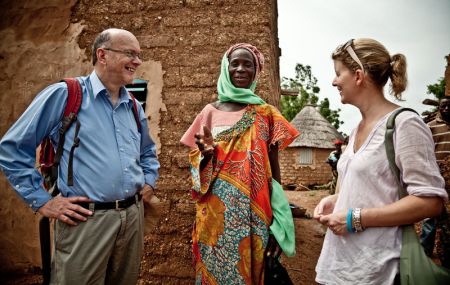
But a shortage of resources meant there’d only been two cash payments — each equivalent to 32 Euros per household — in the last six months. We were present for the second distribution and saw the tight auditing arrangements in action, making sure there was no double-dipping. We witnessed the heartbreak when one villager couldn’t provide the correct identity papers.
It’s clear that the global humanitarian system is being pushed to the brink. The shortfall for the United Nations’ appeal for the West Africa crisis alone is $752 million.
The people of Burkina Faso are welcoming and generous. They may be thousands of kilometres away from Australia but they, along with others throughout West Africa, share a common humanity. They need our solidarity.
Find out more
Learn more about Oxfam’s response in West Africa
View a slideshow of more photos from Andrew and Natasha’s trip to Burkina Faso:
